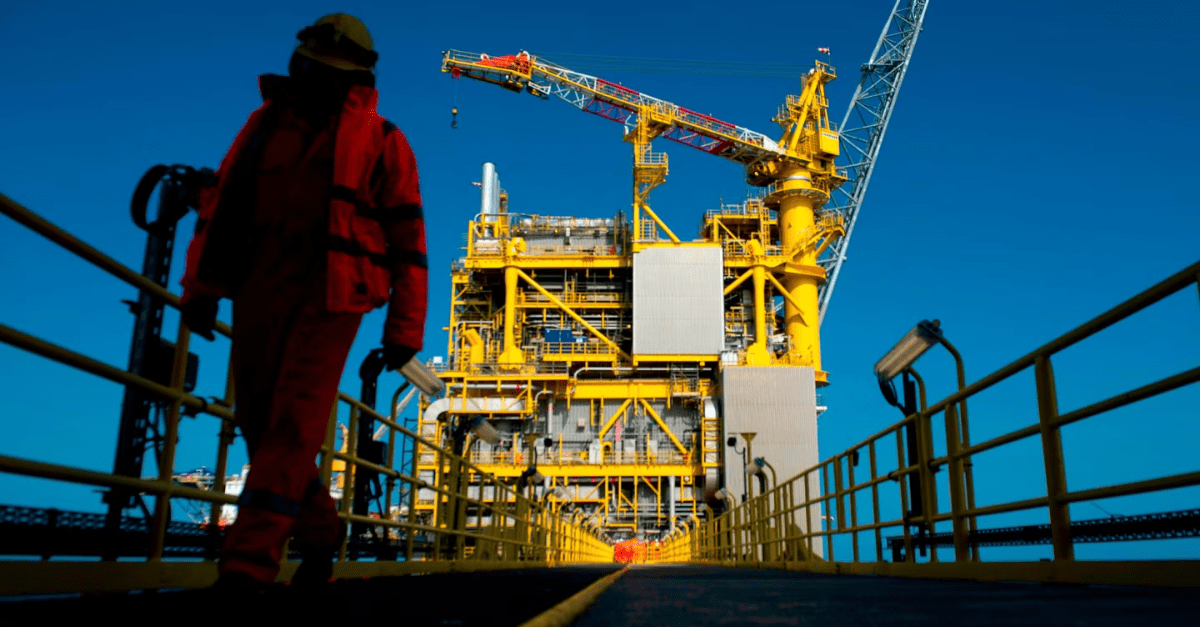
Oil and gas jobs dominate Scotland’s election battle
Uncertainty over the business environment for the UK North Sea remains a significant concern for independent energy companies.
By Francesco Mazzagatti, Viaro Energy CEO
There has been much talk about the North Sea fields being in decline and prohibitive technical costs making the industry less profitable in the years to come. However, it is unlikely that this is really the case.
Far from being a spent force, the North Sea oil fields look to have a positive future. The upstream industry, sourcing new oil and gas sites, making use of the underdeveloped ones, and improving the infrastructure required to move oil and gas around, is one that is going through a boom period. Even in globally uncertain times, with Brexit, coronavirus and the US/China trade wars, it is a stable and productive period for the UK oil and gas industry. And that means investing is a good idea.
While upstream expenditure has increased over the last decade and levelled off in recent years, it still represents a safe and sound investment opportunity and is well supported by the UK government.
Almost all of the UK’s oil and gas production comes from its offshore sources. This began back in 1967 in the North Sea and continues to this day. Around 300 small oil and gas fields are currently in operation, often with demanding technical conditions, which can increase both production and development costs.
Since production started over 50 years ago, almost 45 billion barrels of oil have been produced or recovered from the continental shelf. It is believed that there are between 10 and 20 billion barrels-worth still remaining. Although these remaining reserves may be harder to access, it is also true that technology has allowed the removal and infrastructure to become vastly improved.
In fact, since 2014, production has actually increased by 20 percent, and 40 new fields have opened up during this period. This steady stream of new field start-ups has caused much optimism in the industry – even at a time of fluctuating oil prices.
Of course, there are other barriers to investing in this kind of upstream oil and gas innovation. Climate change is a real threat and the UK has correctly signed up to meet the demands of this global challenge. The oil and gas industry needs to balance the need to meet domestic energy demands and support jobs in the sector, while limiting the damage done in the processes required. But this is a challenge the industry is ready to tackle.